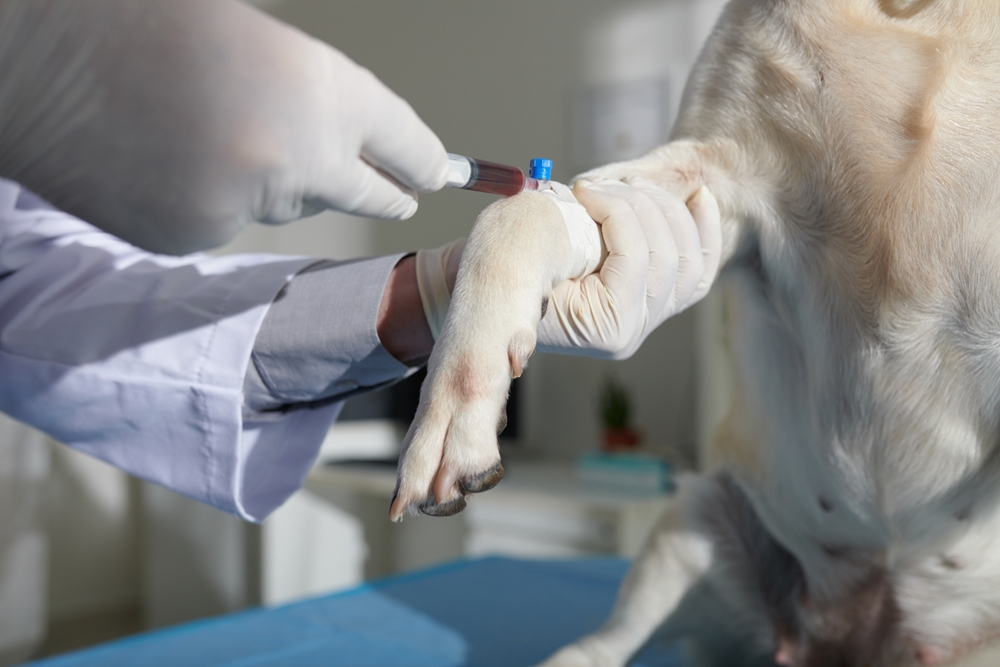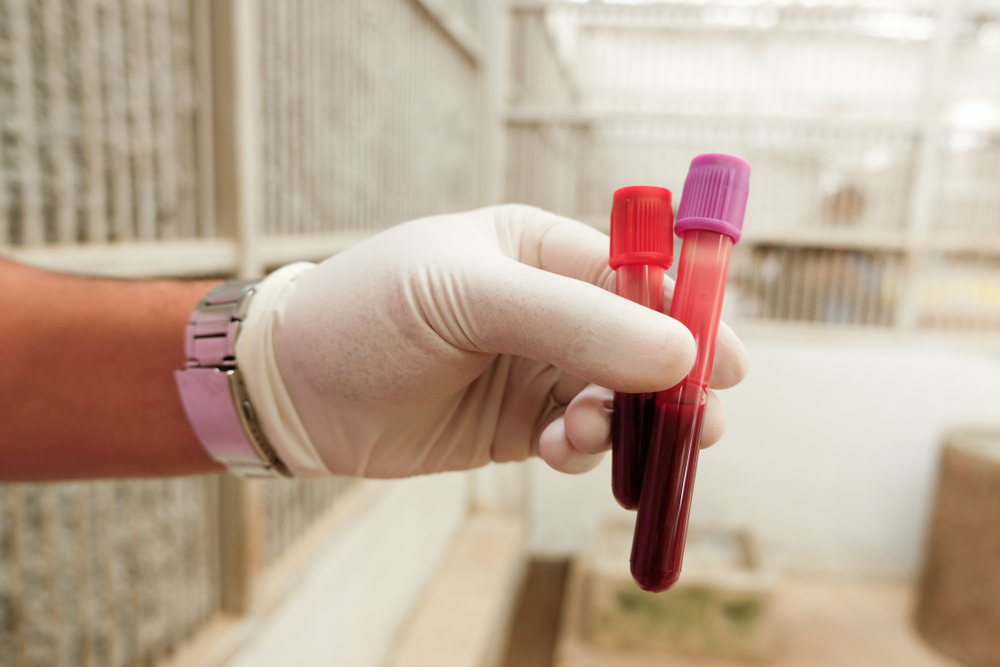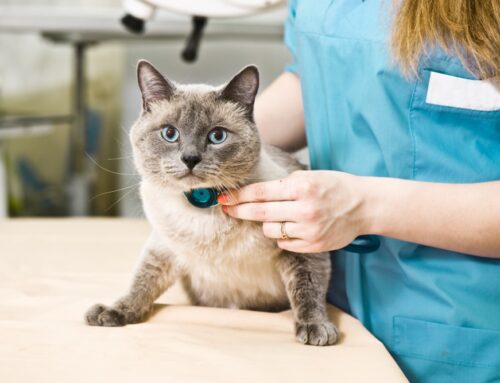Why a Single Sample Tells Such a Big Story
At Animal Hospital Southwest in Fort Worth, Texas, we believe that one of the most powerful tools for protecting your companion’s health is a routine blood panel. A few teaspoons of blood allow us to evaluate dozens of values at once—organ function, immune status, hydration, blood sugar, electrolytes, and more. Because dogs and cats instinctively mask weakness, outward signs of illness often appear only after significant internal damage has already occurred. Annual blood work lets us intervene long before that tipping point.
What We Measure and Why It Matters
When we run a Complete Blood Count (CBC) and a Chemistry Panel, we focus on three broad areas:
1. Blood cells
- Red blood cells carry oxygen. Low numbers indicate anemia — something we may correct with diet changes, parasite control, or further diagnostics for bleeding or bone-marrow disease.
- White blood cells fight infection. Elevated levels can signal hidden infections, allergies, or inflammation long before fever or swelling appear.
- Platelets enable clotting. Too few platelets alert us to potential clotting disorders or immune-mediated disease.
2. Organ enzymes and waste products
- Liver enzymes (ALT, AST, ALP) rise when liver tissue is injured. Early spikes may let us control diet or medication, sparing future scarring.
- BUN and creatinine reveal kidney filtration. Catching mild kidney insufficiency early means we can introduce renal diets, hydration plans, and blood-pressure control to slow progression.
- Blood glucose identifies diabetes or dangerous low-sugar episodes. Early action prevents complications such as cataracts or diabetic ketoacidosis.
3. Electrolytes and proteins
- Sodium, potassium, and chloride keep muscles and nerves firing and maintain hydration. Imbalances can point to adrenal disease or gastrointestinal losses.
- Total protein and albumin assess nutritional status, intestinal health, and liver function.
Life Stages and Changing Risks
Our recommendations shift with age because the diseases we watch for change, too:
- Puppies and kittens: Baseline values help us spot congenital kidney or liver problems and create a “normal” record for future comparison.
- Healthy adults: Annual screening identifies early endocrine disease, tick-borne illnesses, and subtle organ stress in active, outwardly normal pets.
- Seniors (over 7 years for most dogs, over 10 years for most cats): Twice-yearly blood work is often warranted as metabolism slows and cancers, kidney disease, and hormonal disorders become more common.
Short- and Long-Term Consequences of Skipping Tests
Without routine screening, problems may stay silent until severe. Untreated kidney disease eventually leads to toxin buildup, nausea, and irreversible organ failure. Poorly controlled diabetes can cause nerve damage, cataracts, and life-threatening acid–base imbalances. Catching even a mild elevation on a chemistry panel gives us a head start on slowing, or sometimes reversing, those outcomes.
At-Home Clues Between Appointments
We encourage owners to pair annual laboratory testing with simple observations at home. Performing a gentle nose-to-tail evaluation like the one outlined in the Humane Society’s Home Exam for a Sick Dog helps you spot weight loss, gum-color changes, or new lumps between visits.
Tracking data like food intake, diarrhea frequency, meals skipped, or other mild abnormalities can help us figure out the cause before it becomes a major problem.
Frequently Asked Questions
How often should my indoor cat have blood work?
We still recommend annual screening. Indoor cats are predisposed to silent kidney, thyroid, and heart disease that only lab tests reveal.
Can’t you tell from a physical exam if my pet is healthy?
A physical exam is invaluable, yet it shows us mainly what is happening on the outside. A normal-looking dog can have dangerously high liver enzymes or low platelets. Blood work completes the picture.
My pet is nervous—will the blood draw hurt?
We use the smallest possible needle, perform the draw in a quiet room, and offer treats or gentle restraint techniques. Most pets hardly notice. If anxiety runs high, mild anti-anxiety medication or owner presence can help.
Is fasting required?
Ask your vet- it depends on the test. Unless specifically noted, water is always permitted.
What if results are abnormal?
We will call you to explain each finding and outline next steps—this might include rechecking labs, imaging, medication, or nutrition adjustments. Our goal is to turn numbers into clear action.
How We Make Blood Work Easier at Animal Hospital Southwest
Our Fort Worth team tailors panels to each pet’s age, breed, and lifestyle. For example, Boxers may get additional cardiac enzymes, while senior cats receive extra thyroid testing. We routinely bundle blood work with vaccine visits to minimize trips, and results usually arrive within 48 hours. If treatment is needed, our doctors collaborate closely with you to craft a realistic plan that honors both medical needs and your daily routine.
You can learn more about the people behind the lab coats on our team page. Have questions or need to arrange an appointment? Contact Us!

Bringing It All Together
Annual blood work is more than a test—it is our shared commitment to early detection, gentle intervention, and a longer, happier life for the animals we love. By combining regular laboratory screening with mindful observation at home and a readiness to act in emergencies, we create a safety net that catches illness before it harms quality of life. We are honored to partner with you on that journey, one small blood sample at a time.







Leave A Comment